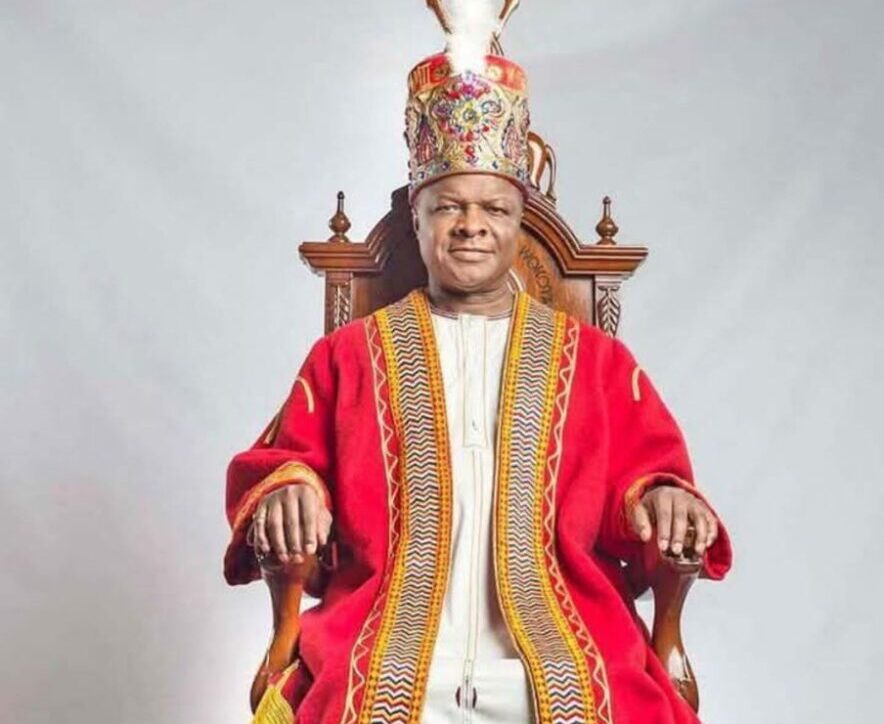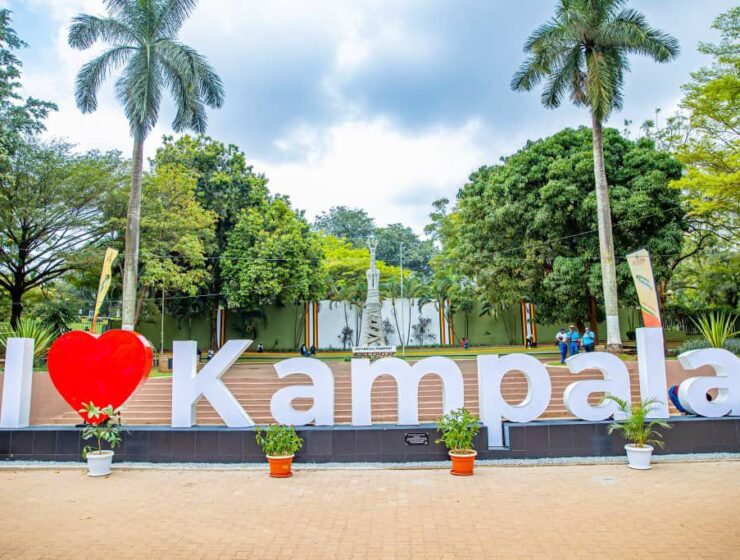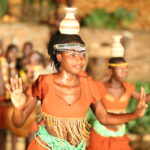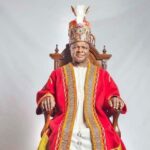Welcome to the vibrant world of the Baganda—Uganda’s largest and most influential ethnic group whose culture, traditions, and royal legacy continue to enchant visitors from all over the world. Set against the backdrop of the picturesque Lake Victoria and steeped in centuries of history, the Buganda Kingdom offers a captivating glimpse into Uganda’s past and present. From traditional dances and regal ceremonies to unique marriage customs and delicious cuisine, the Baganda people proudly carry forward a culture that is both timeless and dynamic.
A Glimpse into Buganda Kingdom’s Glorious History
The Buganda Kingdom is one of the oldest and most organized traditional monarchies in East Africa. Established before the 14th century, it grew to become the most powerful and centralized kingdom in pre-colonial Uganda. The Kingdom was strategically located between the Nile River to the east and the former Bunyoro Kingdom to the west. Over time, Buganda played a significant role in shaping Uganda’s political, economic, and cultural landscape. The kingdom is led by a monarch known as the Kabaka, whose leadership and lineage have long been respected by the Baganda people. The Kingdom was composed of 52 clans, each with distinct identities and roles that strengthened social unity and loyalty to the throne.
Language and Beliefs
The Baganda speak Luganda, a Bantu tonal language that carries the rhythm and richness of their oral traditions. In the past, the Baganda practiced the Balubaale cult, worshipping gods responsible for various aspects of life such as war, fertility, and water. Though Christianity and Islam have largely replaced the indigenous religion today, many still hold on to ancestral beliefs, especially the Muzimu (spirits of ancestors) and protective charms against misfortune.
Traditional Marriage: A Ceremony of Honor and Unity
Marriage in Buganda is not just a union between two people—it’s a deeply rooted cultural celebration that binds families and clans. Traditionally, marriage was considered essential for every adult, and elders played a key role in choosing suitable partners. The marriage process is divided into two important ceremonies:
Kukyala (Visiting Ceremony) This is the first secretive visit where the groom-to-be and a few close family members meet the bride’s family. During this ceremony, the dowry is discussed and the date for the introduction is set.
Kwanjula (Introduction Ceremony) This is a vibrant, public affair where the bride is officially introduced to the groom’s family. It’s filled with symbolic rituals, traditional attire, exchange of gifts, storytelling, and dance. It’s one of the most colourful and culturally rich ceremonies in Uganda.
Culture in Motion: Music, Dance, and Dress
The Baganda express their culture through traditional dances such as Bakisimba, Amagunju, Muwogola, and Nankasa. Each dance tells a story and is performed during specific occasions. The Amagunju, for example, is a royal dance reserved for enthroning a new king and is only performed by members of the Obutiko clan.
Music plays a central role in ceremonies, with instruments like drums (Empunyi, Engalabi, Embuutu), xylophones (Amadinda), flutes (Endere), lyres (Entongoli), and horns (Engombe) creating soul-stirring rhythms that accompany songs and dances.
The traditional attire is both elegant and symbolic. Women wear the Gomesi or Busuuti, a long dress with a sash, while men wear the Kanzu, a white or cream tunic often paired with a jacket.
Culinary Delights
The staple dish of the Baganda is Matooke—steamed green bananas served with rich sauces like groundnut, beef, or chicken stew. Protein sources include fish, beans, eggs, and even seasonal grasshoppers. Locally brewed drinks such as Mwenge (banana beer) and Munanansi (pineapple juice) are often enjoyed during social gatherings.
The Baganda Today: A Proud People in a Changing World
Today, the Baganda people remain a vibrant and influential ethnic group in Uganda. While modernization has transformed lifestyles across the country, the Baganda have skillfully woven tradition into contemporary living—preserving their identity with pride and passion.
A Strong Cultural Identity
Despite the urbanization of Kampala and surrounding areas, many Baganda continue to uphold key cultural practices such as clan-based identity, respecting the Kabaka (King), and participating in cultural ceremonies like Kukyala and Kwanjula. The Kabaka Ronald Muwenda Mutebi II remains a symbolic and respected figure whose influence stretches beyond Buganda, uniting millions through cultural festivals and social development initiatives.
Education and Leadership
The Baganda have historically been known for valuing education, which continues today. Many of Uganda’s scholars, politicians, entrepreneurs, and professionals hail from Buganda. Their leadership is evident across government institutions, academia, and the private sector.
Religion and Belief Systems
Most modern Baganda practice Christianity (both Catholic and Anglican) or Islam, but ancestral respect and certain traditional beliefs still subtly influence family structures, naming ceremonies, and social events.
Culture in Urban Spaces
Even in cities like Kampala and Mukono, the Baganda culture lives on through:
Language: Luganda remains widely spoken across central Uganda, even among non-Baganda.
Music and Dance: Traditional drums, dances like Bakisimba and Amagunju, and cultural music groups thrive in schools and at cultural centers.
Cultural Events: Events like Kabaka’s Birthday Run, Buganda Youth Day, and clan meetings draw thousands of Baganda together in celebration and unity.
The modern Muganda is both global and grounded—fluent in digital culture and international trends, yet proud of their Gomesi, Kanzu, matooke dishes, and clan values. Whether abroad or at home, the Baganda keep their culture alive through storytelling, music, and strong family bonds.
A Call to Explore
Come and experience the magic of the Baganda and the majestic Buganda Kingdom! From their deeply rooted traditions to the hospitality of their people, there’s a world of cultural richness waiting for you. Walk through royal palaces, witness traditional ceremonies, taste authentic food, dance to age-old rhythms, and learn about a people whose pride in heritage continues to shine brightly.
Uganda warmly welcomes you—come explore the heartbeat of Buganda and be part of a story that lives on.








